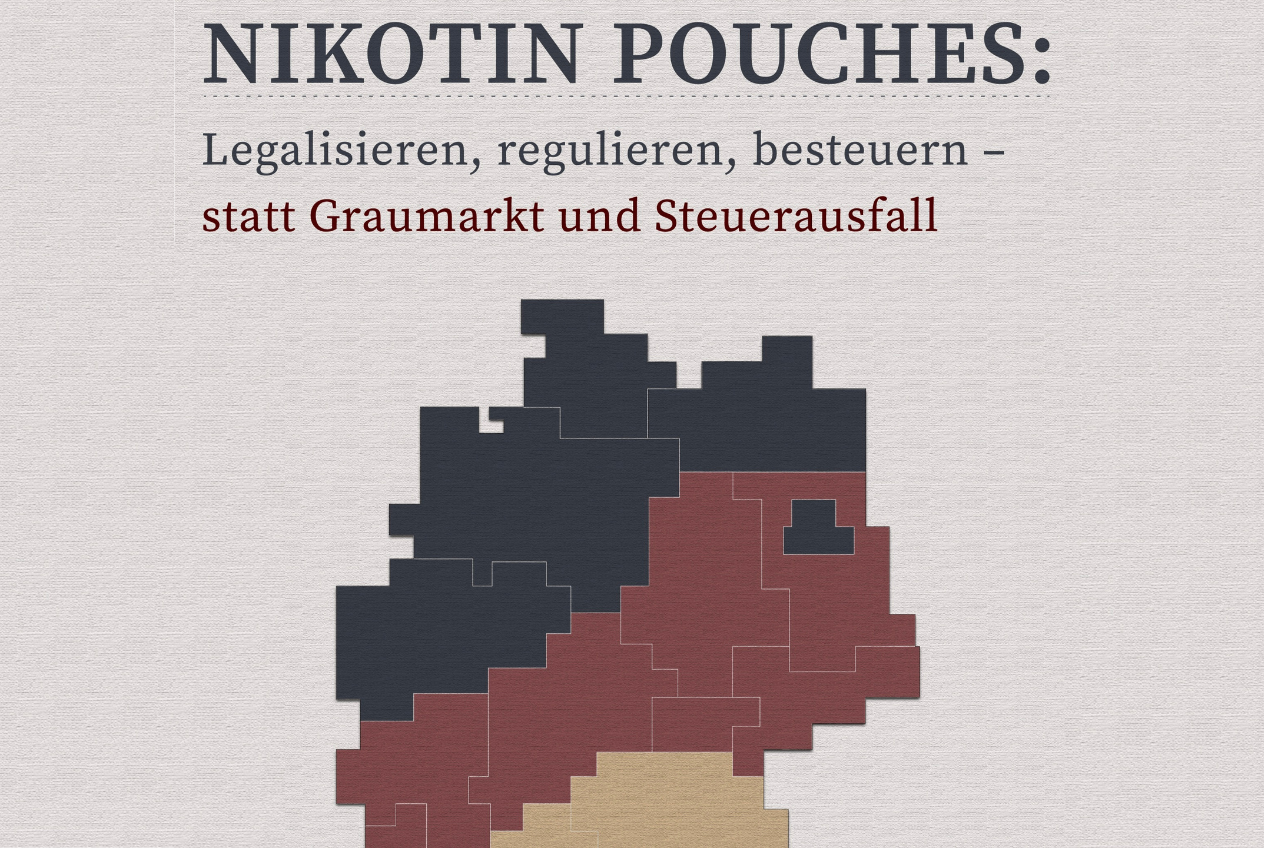KUALA LUMPUR, 18th March 2024 – As the Malaysian government contemplates the implementation of a licensing system for selected shops selling vaping products, the Consumer Choice Center (CCC) voices concern over the potential consequences on consumer access to safer vaping alternatives. With a mission to promote consumer choice and empower individuals, CCC emphasizes the importance of preserving access to diverse and high-quality vaping products for informed consumer decision-making.
The proposed licensing system, while aiming to address concerns surrounding vaping, may inadvertently hinder access to safer vaping options for consumers. CCC underscores the necessity of balanced regulation that prioritizes both public health objectives and consumer choice. By restricting the availability of licensed vape shops, consumers may face limited options, potentially resorting to less regulated or unsafe alternatives.
Representative of the Malaysian Consumer Choice Center, Tarmizi Anuwar stated, “Introducing a licensing system for selected vape shops could inadvertently push consumers towards unregulated channels, undermining public health objectives. We advocate for policies that empower consumers with access to a variety of safer vaping products while ensuring appropriate regulatory oversight.”
“Accessibility to access alternative products is very important to help consumers quit smoking. The selective store licensing system only makes it difficult for consumers to access safer products and tends to return to smoking and the black market.”
The Consumer Choice Center stresses the importance of transparency and consumer involvement in the formulation of regulatory measures concerning vaping products. As such, CCC emphasizes the necessity for the Ministry of Health to publicly disclose the regulatory details of any proposed vape regulations.
“This transparency would enable consumers to provide feedback and express their concerns regarding the potential impact on accessibility and product diversity. By soliciting input from the individuals directly affected by these regulations, policymakers can ensure that any proposed measures align with consumer preferences and prioritize public health objectives effectively,” he said.
Commenting further on the proposed regulation of vape, the Tarmizi underscores the importance of embracing technological neutrality. By recognizing the diverse array of nicotine delivery products available on the market, including open, closed, or disposable vapes, heated tobacco, and oral nicotine, policymakers can foster an environment that promotes consumer choice and encourages innovation.
“Technological neutrality guarantees freedom of choice by not forcing consumers or companies to use any particular technology. The use of specific technologies will discriminate against other technologies to the point of increasing operating costs and the price of final goods. Furthermore, it makes it difficult for consumers to access and buy vapes or alternative products that are less harmful and cheaper” he concluded.




